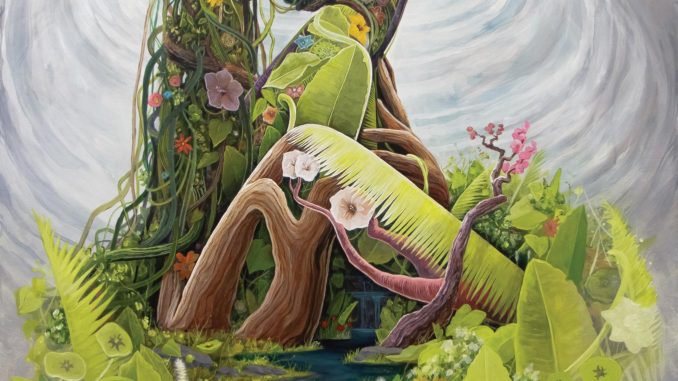
The main factors driving the continuous environmental degradation we are seeing, has two large categories, both emerging in the post-WWII world — the transformation of the nature of the economy due to huge technological changes, and the enormous growth in human numbers. Neither has been an even process.
Currently, just within this last half-century, if you look at Japan, Western Europe, North America and South Korea, there’s been significant regeneration. The air is cleaner, the water is better, many species have returned, large areas of forests have been regrown.
But this isn’t the picture in the developing world. One reason is that several countries are still playing catch-up. And latecomers to industrialization will always have a large constituency saying, growth first, environment later.
However, the costs of not acting on the environment are very hard on the poor and on a large section of the middle class. Every contaminated environment — air, water, soil or vegetables with high levels of cadmium or lead on them — will affect us all.
Any serious attempt to address growth cannot proceed now without addressing the environment. We face pressing challenges today. How do you combine an economy of permanence with the ecology of life? How do you think of equality for future generations, for those beyond the human species or for those less privileged than you? These questions have been raised by philosophers. But what happens when you apply these to life?
Take highways constructed across India. Many need to negotiate centuries-old banyan trees rulers once planted on these routes. Now, how do you have a modern philosophy that includes the space and life cycle of a banyan tree?
We need newer ways to recognize, repair and rejuvenate life.
Ecofeminism is enormously significant, a field that highlighted the gender dimension to nature, which is crucial, yet often overlooked. At one time, ecofeminism was criticized by some feminist scholars who felt it may not appreciate all the diverse ways different women experience nature. But it’s a path-breaking idea in terms of how it makes people see important linkages there.
Ecofeminism plays a phenomenal role in awakening a deeper consciousness. For instance, in the 1980s, fisher-folks’ movements across India raised the problem of trawlers fishing too close to the coast, devastating the marine ecology which small fisher-folk actually protect. But another issue that came up alongside was that their goods were sold by women. However, fisher-women were not allowed to board state transport buses as people objected. Therefore, they literally had to walk miles each day. It took organized protests by women before many states rethought. Finally, the authorities came up with new ways to let the fisher-women ride state buses. It is extremely important therefore to understand that production, gender, dignity and nature always go together.
Matter referenced:
Mahesh Rangarajan, Professor of History and Environmental Studies at Ashoka University, Times of India, Ahmedabad, Saturday, 8th February, 2020.
By: Dr. Bhawana Asnani.
Happy to see Reviews, Additions, Suggestions and Comments, further.

Leave a Reply
You must be logged in to post a comment.